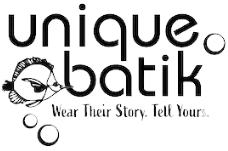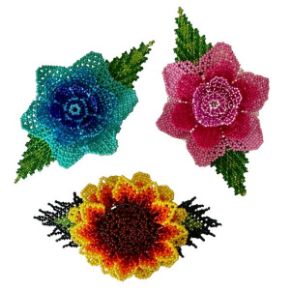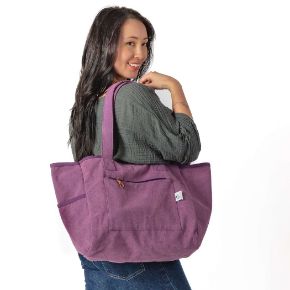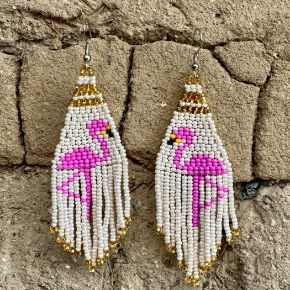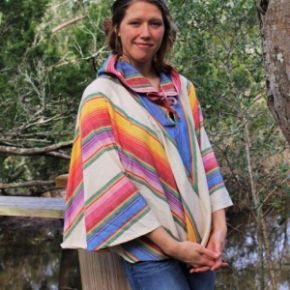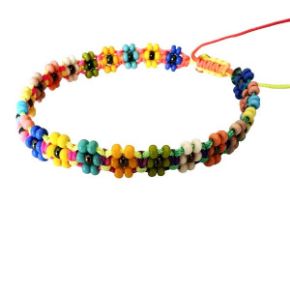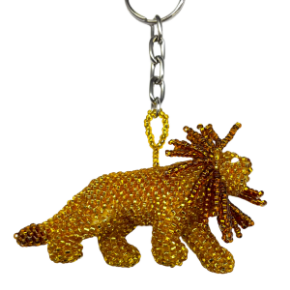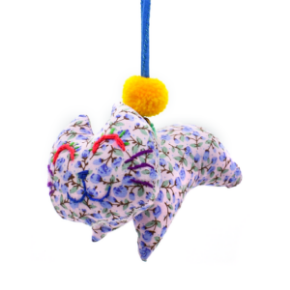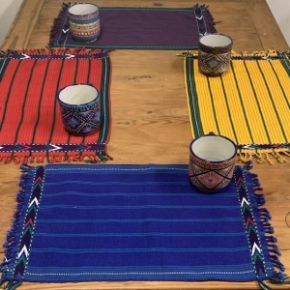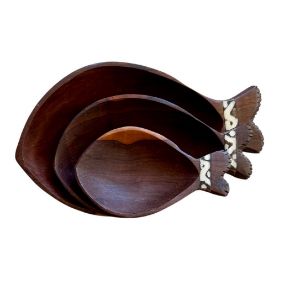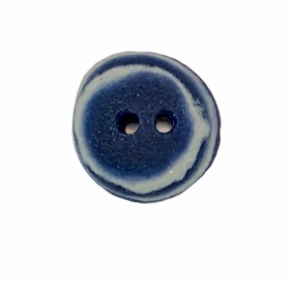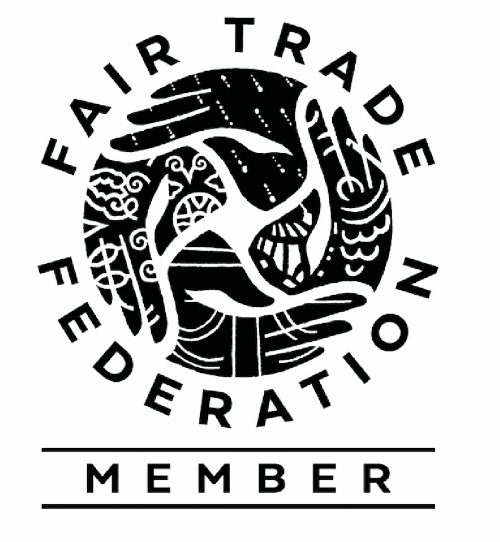Last week, in our first post, we promised you a glimpse into how your purchases from Unique Batik benefit artisans. Although a lot of consumers have become more educated about fair trade, it’s a term with a lot of meaning behind it, so we thought it would be helpful to unpack a little of that meaning by taking a look at the principles of fair trade and what it means to be a fair trader.
The WFTO, or World Fair Trade Organization, outlines ten principles of fair trade in this document, called...10 Principles of Fair Trade. Hey, they’re all about fair trade, not about making up clever titles!
Principle #1 is “Creating Opportunities for Economically Disadvantaged Producers.” If you’re a fair trade business, you’re working with producers who don’t have a lot of other opportunities; they are people who would otherwise be unemployed or underemployed. But it’s important to remember that “disadvantaged” doesn’t mean stupid, incompetent, or lazy. Many people in this world are born into challenging circumstances. They may not have an education or job opportunities, but given the chance, they can learn good business practices, work with dignity to support their families, and become self-sufficient. That’s what fair trade is all about.
At Unique Batik, we are working with people who have not had the opportunity for a good education. Most of our artisans are women who have been to less than five years of school; many have not been formally educated at all. Ways for women to earn an income at other work are scarce in these communities. They can clean houses, make tortillas, or sell gathered produce at the local market, making perhaps $2-3 a day. By producing the beautiful handicrafts that you love, women artisans are able to work in their homes and have the advantage of combining their household activities with their work. They earn $10 a day for about five hours of work. Sometimes, in order to supplement the household income, their husbands help them at night and on the weekends; they can earn over twice as much with this work as what they earn at their day labor jobs.
What’s the most important thing to the women when they have this extra income? How do they spend it? Educating their children. They want their kids to have the knowledge and the chances that they didn’t have. It’s pretty exciting to see how fair trade work can break the cycle of poverty for a family. There aren’t many other things that can make such a difference in one generation, which is one of the many reasons we believe in fair trade.
The other really important word in that principle? “Opportunities.” Fair trade is about opportunity, not charity. We’re telling you about the challenges our artisans face not so that you will feel sorry for them, but so that you can be impressed at how they have overcome their circumstances to take that little boost they have been given -- and fly. At Unique Batik, we’re not just buying things from producers; we’re working with artisans, many of whom have become our friends, so that they can be self-sufficient. We help build their businesses by communicating about quality control, sourcing better materials, and redesigning products that don’t sell. Our hope, and theirs, is not only to keep up steady purchases and income for our existing artisans, but to grow so that they can hire more artisans.
And, ultimately, change more lives.
